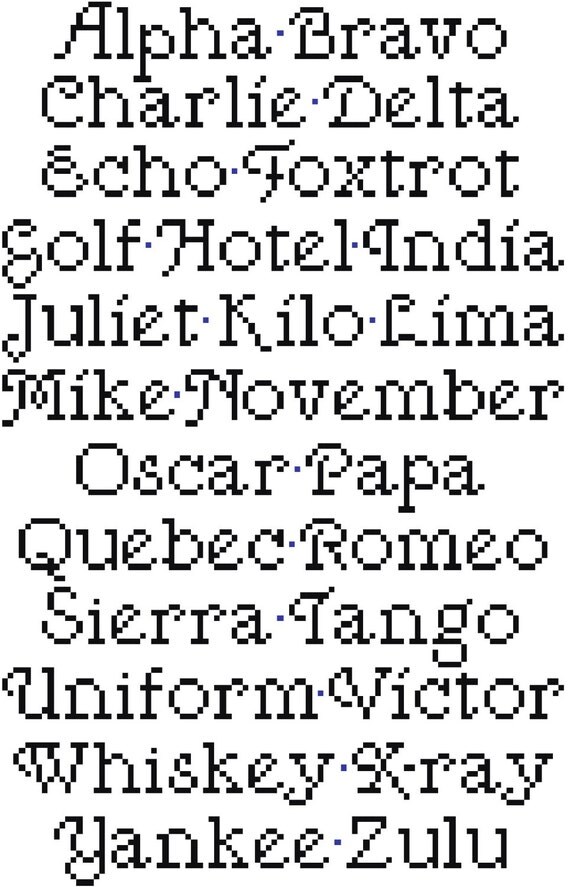

I think what Joseph is saying is that your approach may work for the small examples that you have tested, but it would break things that are working fine right now (in particular raw string literals). > thousands of lines of standard ASCII C input. > sense that the compiler still bootstraps and has no trouble compiling
PUNTO SWITCHER PHONETIC ALPHABET PATCH
The one-line patch submitted above has also been tested in the > also contains example UTF-8 C99 input files which can be used to test the
PUNTO SWITCHER PHONETIC ALPHABET CODE
As there are already #ifdef's in the code to check for this, this does not add any new complexity to the code base. In that case it might be possible to write UCNs using trigraphs of the form ?/uXXXX and ?/UXXXXXXXX, however, as the number of people wanting to compile C source files with identifiers encoded using UTF-EBCDIC is likely zero, the easiest solution going forward is to modify the patch so it only applies to non-EBCDIC hosts. Note however, the following problem: "C99" is probably not the correct for EBCDIC hosts. As iconv is already a well debugged library, it would appear the risks of this patch are minor. In particular, the "C99" in _cpp_convert_input should not be considered the source character set appearing in the input files but rather an internal character set suitable for later parsing. The patch inserts "C99" in only one place as the uses of SOURCE_CHARSET are conflicted and changing them all to "C99" doesn't yield a working solution. The one-line patch submitted above has also been tested in the sense that the compiler still bootstraps and has no trouble compiling thousands of lines of standard ASCII C input.

The document "Unicode for the PCC C99 Compiler" available atĪlso contains example UTF-8 C99 input files which can be used to test the compiler. Searching on UTF-8 Identifiers in GCC will turn up a number of people asking for this feature and additional example codes that use UTF-8 identifers. I have included a small test program as another attachment. finput-charset=UTF-8 -fextended-identifiersĪre both needed in order to compile a UTF-8 input file containing unicode identifiers. As the text describes there, the command line options Please look at the Raspberry Pi forum post linked in the original report for more information about testing this patch. Other ways in which it should be visible whether an identifier was Note that cpplib identifier spelling preservation is now implemented UCNs have to take place within cpplib, not through an external iconv Non-viable (it would break things that currently work) the conversions to Reverted this reversion shall apply before any d-char, r-char, orĭelimiting parenthesis is identified.") renders such an approach paragraph 3: "Between the initial and final double quoteĬharacters of the raw string, any transformations performed in phases 1Īnd 2 (trigraphs, universal-character-names, and line splicing) are Revert such conversions in raw string literals (in C++14, see 2.5 Not for C - but for C++, it would be necessary to keep track of theĬonversions to revert them in raw string literals. Would in any case be correct for C++ (provided you also convert $ ` andĬontrol characters other than those in the basic source character set) but Converting extended characters to UCNs like that There is no "C99" character set in glibc libiconv (after all, it's not aĬharacter set at all).


 0 kommentar(er)
0 kommentar(er)
